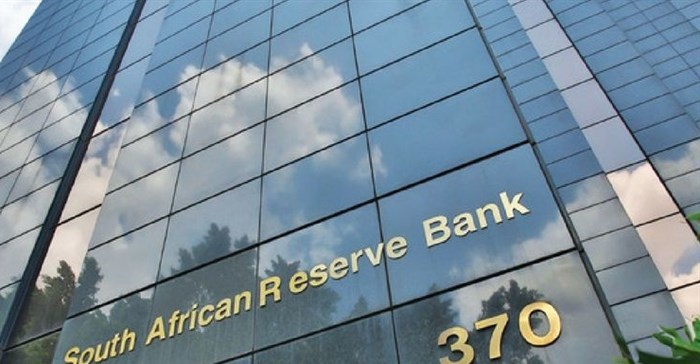
Top stories



ESG & Sustainability#BudgetSpeech2026: SRD grant unchanged, other Sassa social grants see hike
3 hours



More news







ESG & Sustainability
South Africa’s carbon tax should stay: climate scientists explain why













The change took place in June 2017, when Parliament passed the Financial Sector Regulation Bill, aimed at preserving and enhancing financial stability in South Africa by conferring certain additional powers on the bank.
This has been a long time coming. Since the 2008 global financial crisis, there has been widespread recognition that more responsibility must be given to the Bank to look after financial stability in South Africa.
Financial stability is defined to mean that financial institutions must provide financial products and services in terms of the law, and must be capable of continuing to service clients without interruption despite changes in economic circumstances; there must also be general public confidence on that score.
The advent of the new Financial Sector Regulation Act effectively expands the South African Reserve Bank’s responsibilities concerning financial stability. It is now not only responsible for protecting and enhancing financial stability, but also has to restore or maintain financial stability should a ‘systemic event’ occur - including an event or circumstances arising from outside South Africa. Interestingly, the bank is also required to consider events that may result in a loss of confidence in our financial institutions and the economy.
The Act empowers the bank to take all reasonable steps to prevent systemic events from occurring and, if such an event has already occurred or is imminent, to mitigate the adverse effects of the event on financial stability and to manage the event and its effects.
The SARB already looks after the financial stability of South African-registered banks. What is new and significant is that it must now look after all South African financial institutions – including those currently supervised by the Financial Services Board.
Hence, the current financial stability oversight structures will be consolidated into a single regulatory unit within the bank, called the Prudential Authority, which is established by the Financial Sector Regulation Act.
The Act has not yet come into effect, and a date for its commencement will be determined by the minister of finance. Different sections of the Act will come into effect in stages, according to a media release from the National Treasury. Final details on the dates of implementation will be contained in the Minister’s commencement notice.
The Bbank itself has welcomed the expansion of its mandate with enthusiasm, as the bank’s governor acknowledged in its latest annual report.
Of course, the bank has not been given unfettered power or discretion to look after South Africa’s financial stability. Although its independence is constitutionally entrenched, it must always act in consultation with the minister of finance, in line with the bank’s establishing provisions contained in the Constitution. Further, it must also give regard to the roles and functions of other organs of state that exercise powers affecting the South African economy.
Clearly, amending the bank’s mandate is not controversial or radical in and of itself. What matters is that this is done by considering the role central banks generally play in regulating financial systems. That is to say, if a central bank’s mandate is to be amended, it is the ‘why’ and the ‘how’ that are important. Bearing in mind the current debate around what role the bank should play in developing the South African economy, it will be interesting to observe how commentators receive the Act.